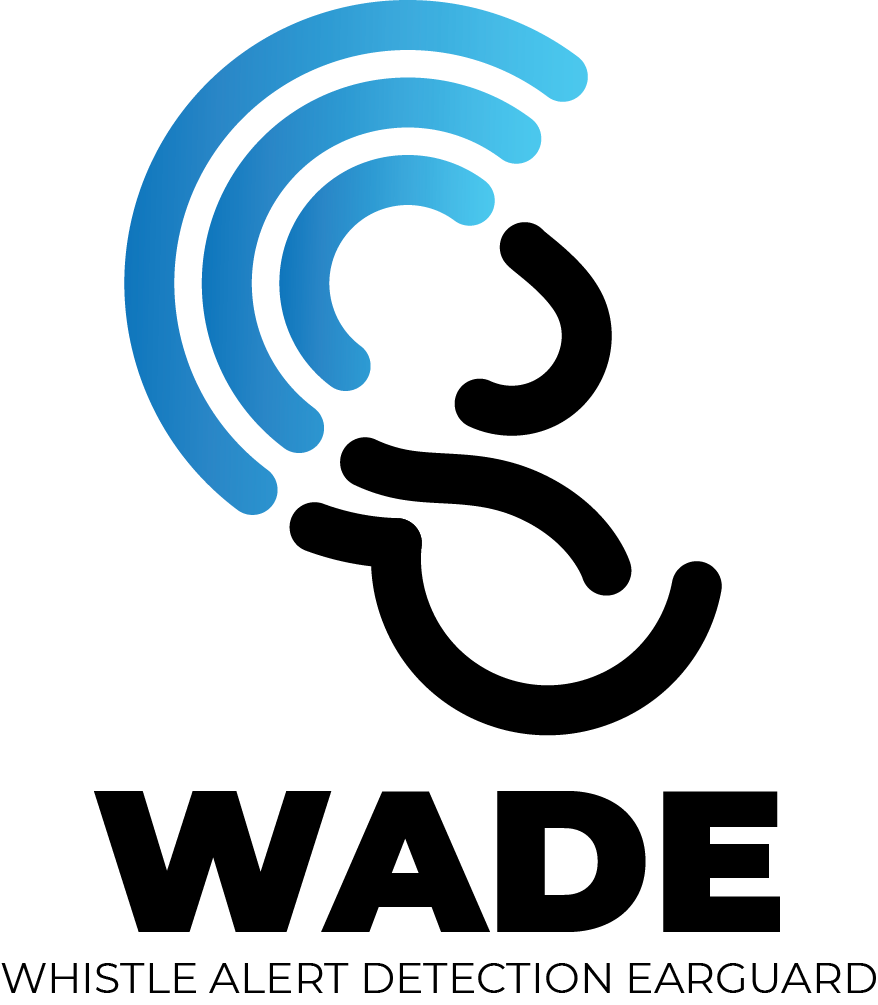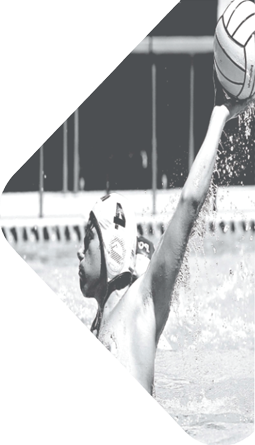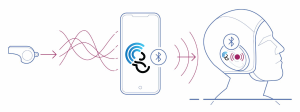What is WADE?
WADE is an innovative project being developed by a group of engineers at the University of Malta and which is being financially supported by the Research, Innovation and Development Trust (RIDT) of the University. The project is intended to help hearing impaired persons, participate in sports which involves high contact, impeding environments such as water and important acoustics such as the referee’s whistle. Water polo is one example of such sport, where, unfortunately, a hearing-impaired player has to remove the hearing aids while playing. This project proposes the development of an affordable rugged electronic device to be worn on the player’s body, which can detect and interpret salient sport’s acoustics and alert the player through vibrations.

ABOUT US
The Research, Innovation & Development Trust (RIDT) is a relatively young organisation (est.2011) that is promoting a novel concept in Malta – that of directing philanthropy and Corporate Social Responsibility programmes to support research projects for the benefit of society. The results achieved so far are encouraging, and much more can be achieved
once the concept is widely accepted.
The engineering and technological aspects of this venture are being developed by the Department of Electronic Systems Engineering at the University of Malta.
The Department of Electronic Systems Engineering, focuses on the principles of digital and analogue electronics, providing the training required to design, model and implement electronic circuits. Furthermore, the department is engaged in research work in thematic areas, which include; advanced digital system design, high-speed circuit
design, electronics reliability, electromagnetic compatibility (EMC), radio frequency (RF) engineering, optoelectronics, instrumentation and measurement, space systems and aircraft systems.

PROBLEM
SOLUTION
BENEFITS
Hearing loss is the most common sensory impairment, which considerably increases with age. According to the WHO, around 466 million people have disabling hearing loss and 34 million of these are children.
One of these children is Gabriel Mellilo who is a keen water polo player and forms part of the current U-17 national water polo squad. He suffers from a bilateral sensorineural hearing loss and wears hearing aids. There are currently no waterproof hearing aids able to withstand the rigours of water polo and Gabriel must remove his hearing aids when he plays. Gabriel’s greatest handicap whilst playing is that he cannot hear the referee’s whistle. This severely hampers his ability to respond quickly and at times compromises the performance of his team. This problem is not just impeding Gabriel but is also affecting other deaf children around the world from participating in sports activities where high contact, impeding environments and important acoustic messages are necessary.
The solution proposes the development of a miniaturized electronic device to be integrated into the ear guards of a water polo cap, able to pick up and interpret the different referee’s whistle messages. These acoustic messages are translated in real-time, to vibrating signals which the player will be able to detect and interpret.
The Department of Electronics Systems, within the University of Malta, has currently developed a prototype of the aforementioned device, hence obtaining proof of concept of the proposed solution. This technology is currently being brought to the ruggedness level that can be reliably utilized throughout the water polo game.

Hearing-impaired water polo athletes in Malta and worldwide currently have no solution for receiving referee’s whistle alerts.
This venture will not only enhance the water polo performance of one of our national athletes but will also help other hearing impaired active and potential local and international water polo players.
We envision to enable hearing-impaired children and young adults to maximally participate in sports activities. Furthermore, this technology can also aid parents and carers of deaf people during normal swimming
activities by alerting or getting alerted of any imminent danger or distress.
Finally, we envision to integrate the developed device into school systems as a teaching aid during physical education, to fully include the deaf child during the general physical activity.
CONTACT
![]() RIDT, University of Malta,
RIDT, University of Malta,
Valletta Campus,
St Paul’s Street, Valletta, Malta
![]() +356 2340 8201
+356 2340 8201
+356 2340 3646
![]() info@ridt.org.mt,
info@ridt.org.mt,
evan.dimech@um.edu.mt
matthew.m.sultana.15@um.edu.mt
